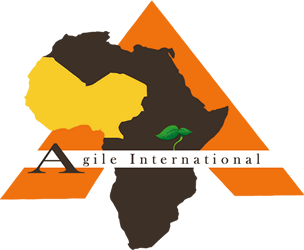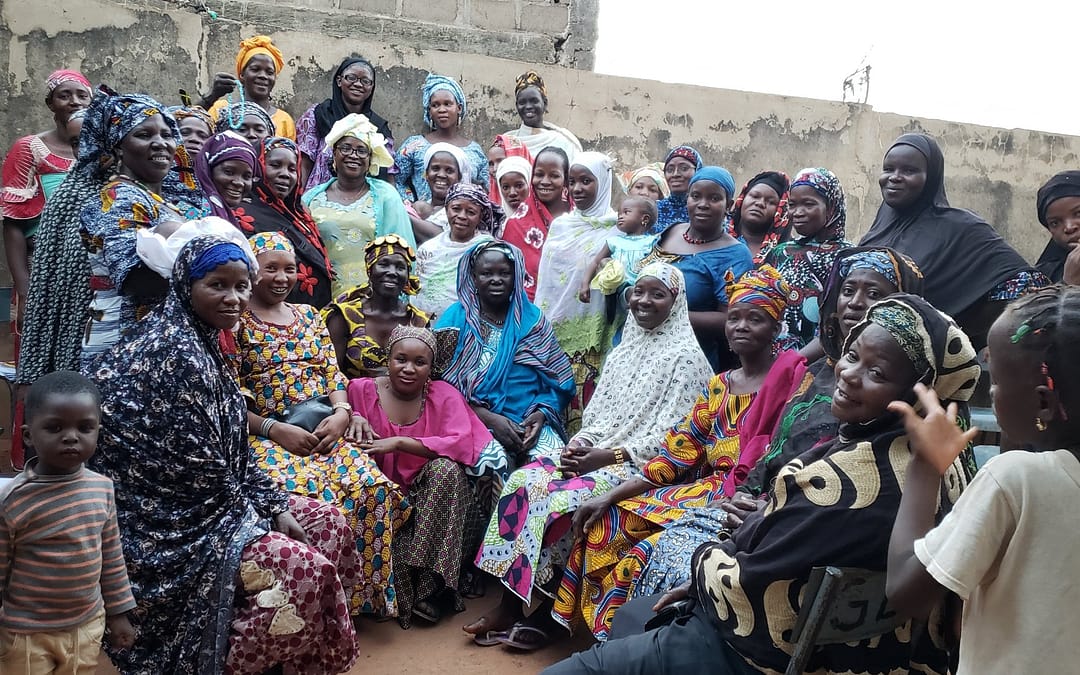Women empowerment in Africa is a crucial force shaping economic and social development across the continent. Despite historical challenges, African women continue to break barriers in agriculture, entrepreneurship, and business leadership, driving sustainable progress and economic resilience.
Women in Agriculture: The Backbone of Africa’s Economy
Agriculture remains the primary source of livelihood for millions of African women. Women farmers contribute significantly to national economies by promoting small-scale farming and food security. However, gender inequality persists, with limited access to land ownership, financial resources, and modern farming technology.
Reports like the 2010-11 U.N. State of Food and Agriculture Report on “Women and Agriculture: Closing the Gender Gap for Development” highlight the urgent need to bridge these disparities. Providing women with equal land rights and access to modern agricultural tools can enhance productivity, strengthen economies, and reduce poverty.
African Women Entrepreneurs: Breaking Barriers in Business
Women empowerment in Africa extends beyond agriculture into entrepreneurship. The African Women in Business Initiative, launched by the African Development Bank, focuses on supporting women-led small and medium-sized enterprises (SMEs). These initiatives provide funding, mentorship, and market access to women entrepreneurs, fostering economic independence and innovation.
Successful African businesswomen are proving that gender is no barrier to success. Programs like the African Entrepreneur Collective (AEC) empower young entrepreneurs by offering training, financial support, and networking opportunities. Since 2012, AEC has created over 700 jobs in Rwanda, boosting local economies and fostering sustainable business models.
Financial Inclusion: Unlocking Opportunities for Women
Access to finance remains one of the biggest challenges for African women in business. Organizations like Kiva Microfunds have stepped in to provide microloans, helping women entrepreneurs scale their businesses. Over the past 18 months, AEC has supported more than 100 African women entrepreneurs, distributing over $243,000 in loans to facilitate business expansion and job creation.
Women-owned businesses, especially in the informal sector, play a crucial role in Africa’s economy. Currently, 63% of women entrepreneurs in Africa operate in the informal sector, managing home-based businesses while balancing family responsibilities. Supporting these entrepreneurs through financial literacy programs, access to capital, and digital tools can significantly boost their success.
Policy and Legal Framework: Advocating for Women’s Rights
International protocols such as The African Charter on Human and Peoples’ Rights and The African Union Protocol on the Rights of Women in Africa advocate for gender equality, yet challenges remain in implementation. Governments and policymakers must enforce these laws to ensure African women have equal opportunities in business, education, and leadership.
The Commission on the Status of Women has recognized rural African women as key drivers of economic growth. By investing in policies that promote equal pay, education, and leadership opportunities, Africa can accelerate women’s empowerment and long-term development.
The Future of Women Empowerment in Africa
A new generation of African women is redefining leadership across various sectors, from entrepreneurship to governance. Global icons such as Melinda Gates, Oprah Winfrey, Beyoncé Knowles-Carter, Sofia Vergara, and Shakira Mebarak inspire women worldwide to pursue economic independence and leadership roles.
With increasing support for women-led businesses, microfinance programs, and gender-inclusive policies, the future of women empowerment in Africa looks promising. By continuing to invest in women’s education, entrepreneurship, and rights, Africa can unlock its full economic potential and create a more inclusive society for all.

